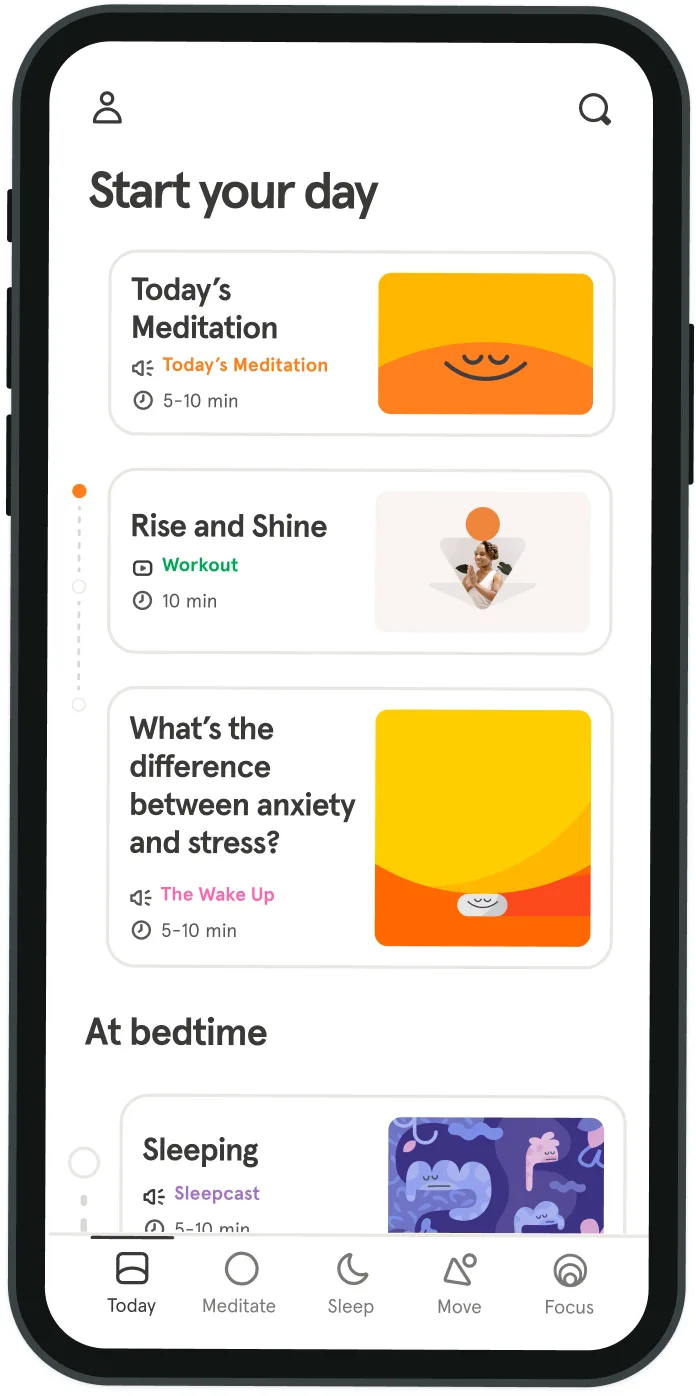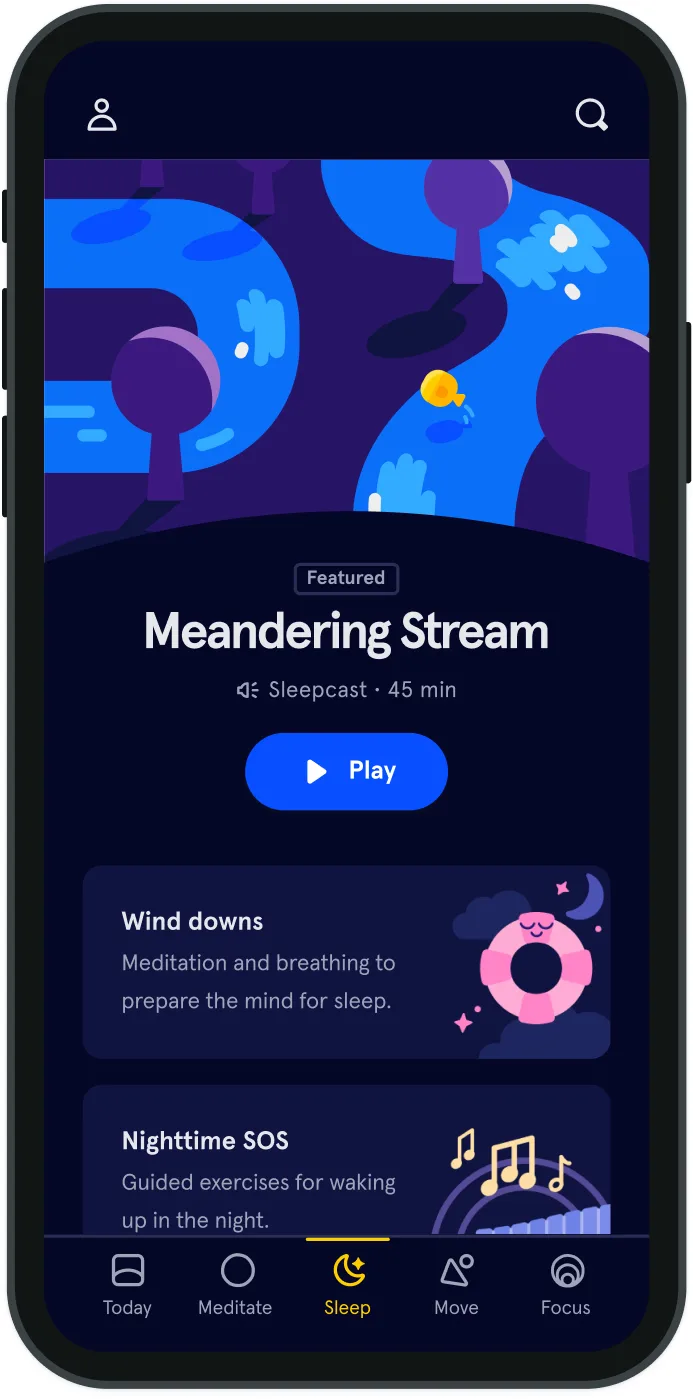Breaking the habit of being busy
Ask go-getters how their summer is going and you’re apt to hear a chorus of “I’m so busy” or “my calendar is packed and it’s only June!” or other variations on this theme. I’m guilty of this, too, and I sometimes find myself filling my days with email-checking, kitchen-tidying and Amazon-ogling until I realize it’s 11am and still I haven’t finished any actual work.
Busyness for the sake of busyness and without any meaningful output is a common problem for people personally and professionally, according to Laura Vanderkam, author of several books on time management, including “168 Hours: You Have More Time Than You Think” and “I Know How She Does It: How Successful Women Make the Most of Their Time.” “You haven’t really done anything, but it feels like you have,” she says. “We like to fill our lives with lots of those quick hits as opposed to more meaningful things that might take longer.” Plus, these quick hits tend to expand to fill all the available time. We could spend five minutes checking email or 20, if we have those extra minutes.
All this busyness doesn’t accomplish much and can stress us out in the process. So why do it? “It feels good to say we’re busy and to feel busy too,” Vanderkam says. “Saying we’re busy is like saying we’re extremely important, we’re much in demand, everyone needs us.” Here are some strategies for breaking this habit. Get clarity on what you want to accomplish Without clear goals, it’s easy to get sucked in by micro-tasks, especially email. Vanderkam points to the coveted Inbox Zero (where you delete or archive all your emails) as a prime example. “Is that going on your tombstone?” she asks. “You haven’t done anything. [Email is] a tool to do your job, it’s not actually your job itself.” Set goals around what you hope to accomplish daily, weekly, monthly, etc. and focus on those tasks instead of the faux productivity that can suck us in. Outside of work, it’s easy to fritter away a weekend watching cat videos and folding laundry rather than doing the things that truly refresh us and bring us deeper enjoyment. Prioritize the more meaningful stuff (a long bike ride, an afternoon of thrift store shopping with a friend) and nix the stuff that just makes you feel needlessly busy. Meditation can also help clear your head and refocus on the truly important tasks. Trust us: the laundry will still be there afterwards.
Remove temptations Just as you’d stop buying junk food when you’re trying to lose weight, removing the temptation for faux productivity can help you focus on the important stuff. If you find yourself obsessively checking Instagram or Facebook when that presentation is due in 24 hours, you could use tools that block distracting websites or turn off your internet altogether. “You can put your phone in airplane mode or turn the [WiFi] off on your laptop,” Vanderkam says. “When you do that, you can turn it back on, but it requires you to make a conscious choice to do it.” If you work from home like I do and tend to use housework as your quick hit rather than focusing on meatier tasks, go work in a coffee shop or coworking space instead. Use quick hits as rewards We still can’t ignore “quick hit” tasks like email altogether, so Vanderkam suggests making them the reward for accomplishing bigger tasks, which gives the hierarchy of tasks more clarity to us. She suggests saying “I’m gonna work on this project for 45 minutes and be in my inbox for 15,” she says. “That can be a good way to break up big projects and still be responsive to people.”



Be kind to your mind
- Access the full library of 500+ meditations on everything from stress, to resilience, to compassion
- Put your mind to bed with sleep sounds, music, and wind-down exercises
- Make mindfulness a part of your daily routine with tension-releasing workouts, relaxing yoga, Focus music playlists, and more
Meditation and mindfulness for any mind, any mood, any goal
- © 2024 Headspace Inc.
- Terms & conditions
- Privacy policy
- Consumer Health Data
- Your privacy choices
- CA Privacy Notice
